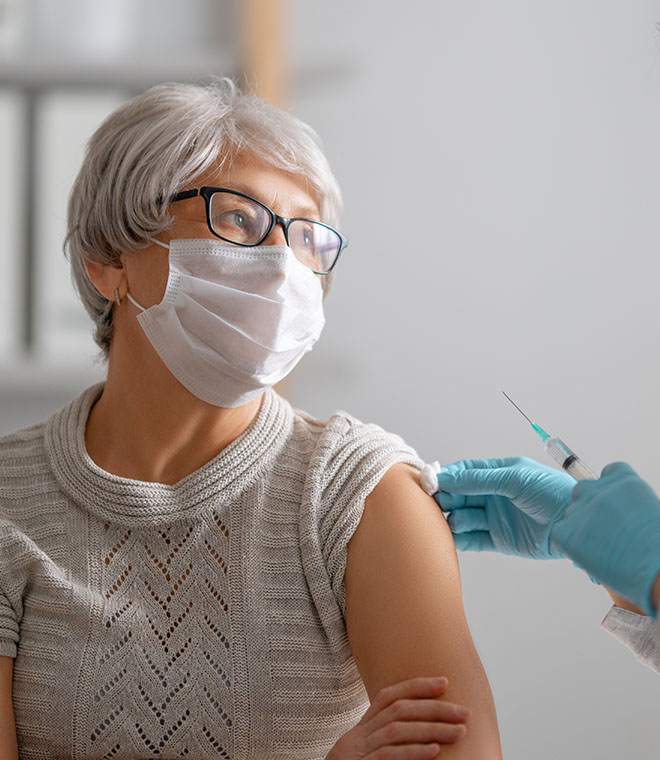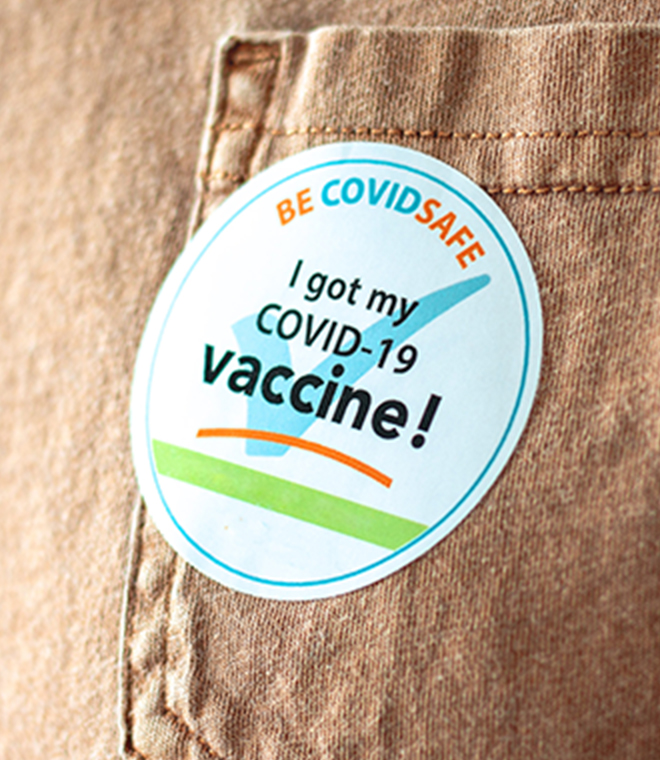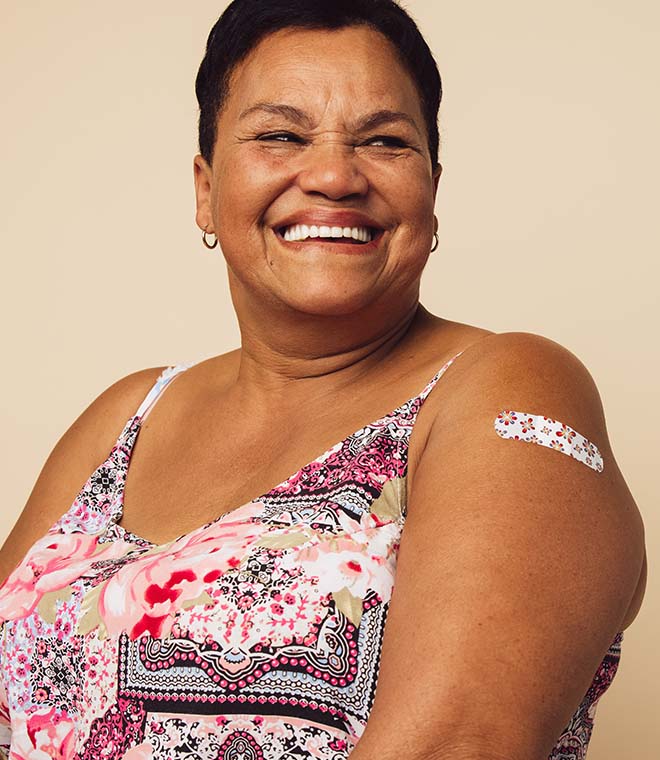Health
Recommended vaccines for adults
By Sonali Kshatriya, PharmD Sep 27, 2022 • 6 min
Vaccines aren't just for kids.
As an adult, you can't afford to get sick and miss work, school or any part of your busy life. While you can't avoid every illness, there are some ways to protect yourself from certain diseases.
Thousands of adults become seriously ill and are hospitalized every year because of diseases that can be prevented by vaccines. Vaccines work by using your body's natural defenses to help you safely develop immunity to disease. The best way to protect yourself from certain diseases, which can be deadly in some cases, is by getting vaccinated.
Specific vaccines are recommended in various age groups, particularly in older adults since the body's ability to fight infections can decrease over time. The Centers for Disease Control and Prevention (CDC) Immunization Schedule for Adults can help you determine which vaccine is right for your age, lifestyle or medical condition, taking into consideration which vaccines you may have already received. You can always consult your healthcare provider or pharmacist for more information.
Vaccine |
Frequency/Age recommendation |
Seasonal influenza (flu) |
Every adult should get a flu vaccine every year to help reduce the risk of flu and its complications. |
Tetanus, diphtheria and pertussis (Tdap) |
Recommended for all adults who have not previously received it, no matter when you got your last tetanus shot, and then every 10 years thereafter. Women also need the Tdap vaccine during every pregnancy. |
Two doses of the shingles, or herpes zoster, vaccine administered two to six months apart is recommended for adults age 50 and older and for those age 19 and older who are or will be immunodeficient or immunosuppressed due to disease or therapy. |
|
Pneumococcal vaccine |
Adults age 65 and older should receive one dose of either pneumococcal vaccine PCV15 or PCV20. If PCV15 is used, this should be followed by a dose of PPSV23 at least one year after the PCV15 dose. A minimum interval of eight weeks between PCV15 and PPSV23 can be considered for adults with an immunocompromising condition, cochlear implant or cerebrospinal fluid leak. If PCV20 is used, a dose of PPSV23 is not indicated. Adults younger than age 65 who have specific health conditions or smoke cigarettes are also eligible for the pneumococcal vaccine. |
Measles, mumps, rubella (MMR) |
Adults born before 1957 should receive one dose of MMR but may need two doses if at greater risk for infection. |
Varicella (VAR) |
Adults should receive two doses four to eight weeks apart. |
Human papillomavirus (HPV) vaccine |
Recommended for all persons through age 26. A two- or three-dose series will be prescribed, depending on age at initial vaccination or condition. |
Hepatitis B |
Recommended for those ages 19 to 59. This is a two-, three- or four-dose series, depending on the vaccine used. It is important to let your provider or pharmacist know if you are pregnant or trying to become pregnant. |
Meningococcal ACWY |
Recommended for those with specific medical conditions, although it should be administered to first-year college students who live in residential housing (if not previously vaccinated at age 16 years or older) and military recruits. |
In addition, vaccination against COVID-19 is strongly recommended. Although the recommendations continue to evolve, at this time, an adult is considered optimally protected after they have received their first booster.
Keep in mind that these aren't the only vaccines that may be right for you. If you plan to travel, work in a healthcare setting or are diagnosed with a specific medical condition, you can ask your healthcare provider or pharmacist if they recommend other vaccines. Some of these may include:
- Haemophilus influenzae (Hib)
- Hepatitis A
- Meningococcal ACWY
- Meningococcal B
As an aging immune system tends to weaken over time, so does the risk for certain diseases. With vaccines, you can decrease your risk for potentially serious diseases that are preventable and protect your own health, as well as the health of those around you.
Clinically reviewed and updated March 2022.
Sources:



